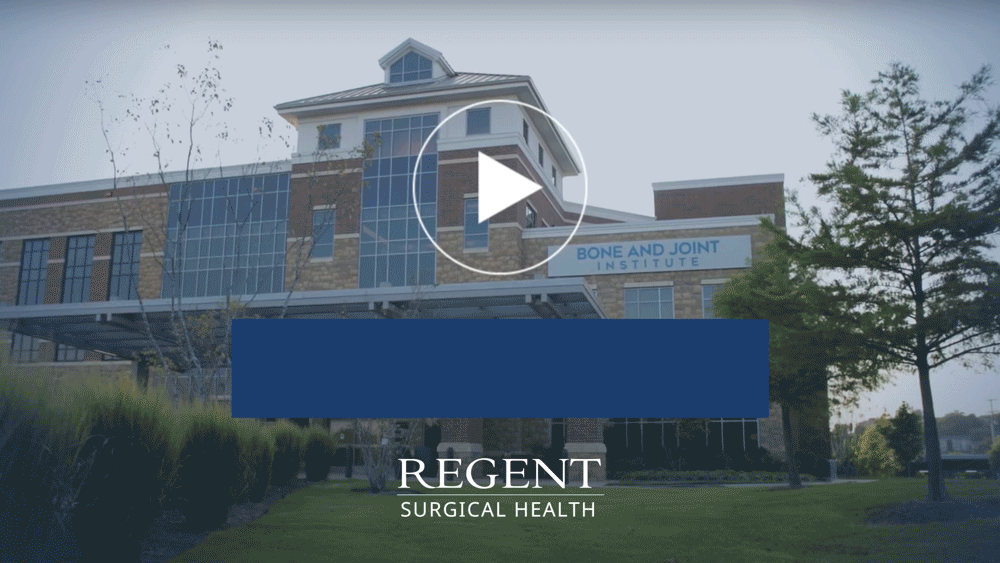Regent Rolls Out Smiles in Texas, Donating 8 Bikes to Local Kids During a Build-A -Bike Event
We had a special surprise for our Regent team during Regent Surgical Health’s 2023 Administrators Conference in Dallas. On the second day of the conference, Regent Surgical Health hosted a…















